Tariq Saeedi
The standardization guide is the backbone of the supply-side part of the business model of Ter Onum – acquiring fruit and vegetables from the farmers.
Ter Onum doesn’t have any lands of its own but has the labs, the transportation and storage facilities, and some test plots.
They sign the contract with the farmers based on a number of factors including the visual specifications given in the guide.
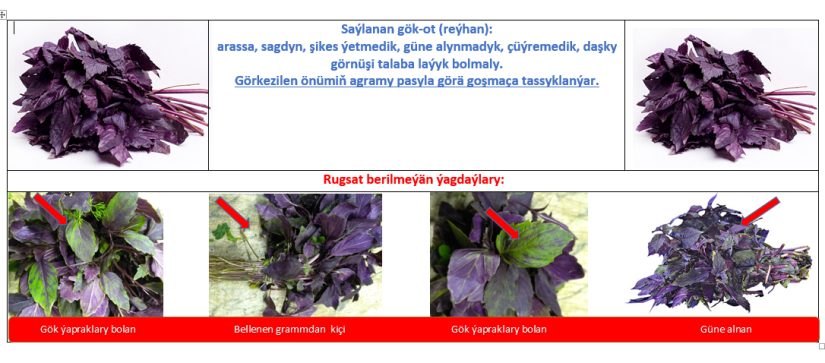
They also teach the farmers the best practices for increasing the yield and quality. For this, sometimes, they ask the farmers to dedicate a portion of their land where the farming is done according to the Ter Onum methods.
As Dovlet told me, it takes the farmers 2-3 years to start trusting the new ways of farming.
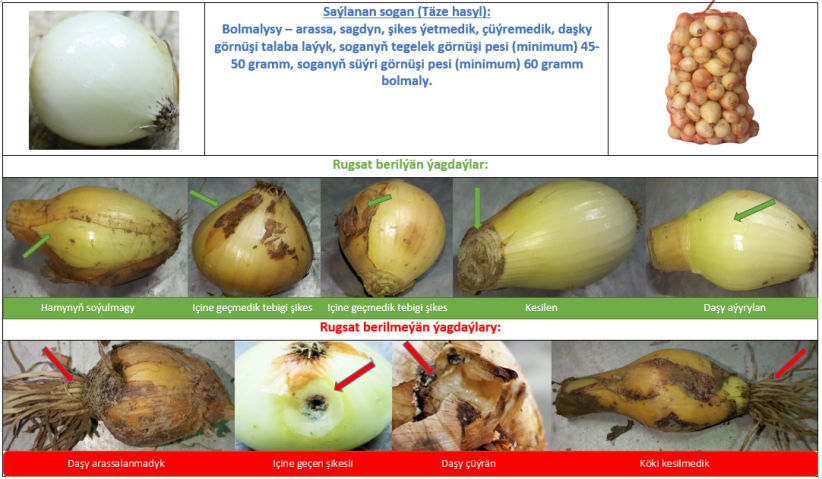
Slowly but surely, the farmers also learn that by selling their produce to Ter Onum right from the field, they are saving lots of time and trouble in bringing it to the market and haggling with the retailers.
It does increase the profits of the farmers but equally importantly it gives the farmers the peace of mind.
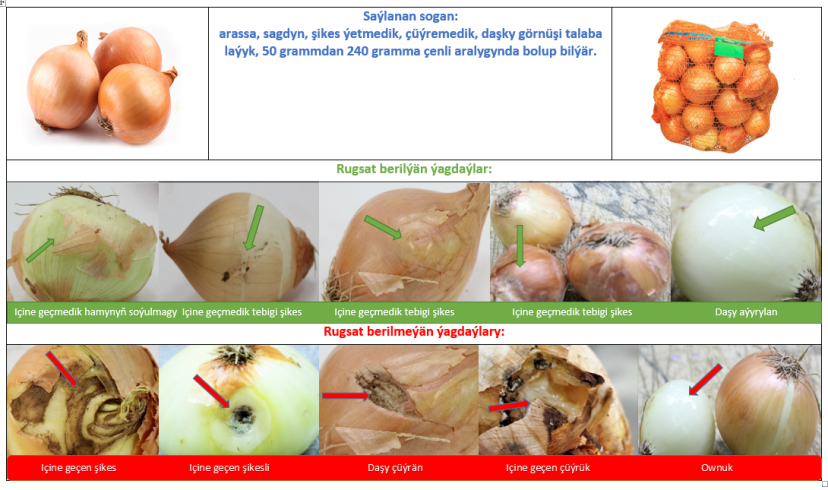
Dovlet said that he is systematically working to make the fruit and vegetable sector of Turkmenistan fully compliant with the world standards.
This will not only open the foreign markets for the local companies but it would also help expand the base of the economy.
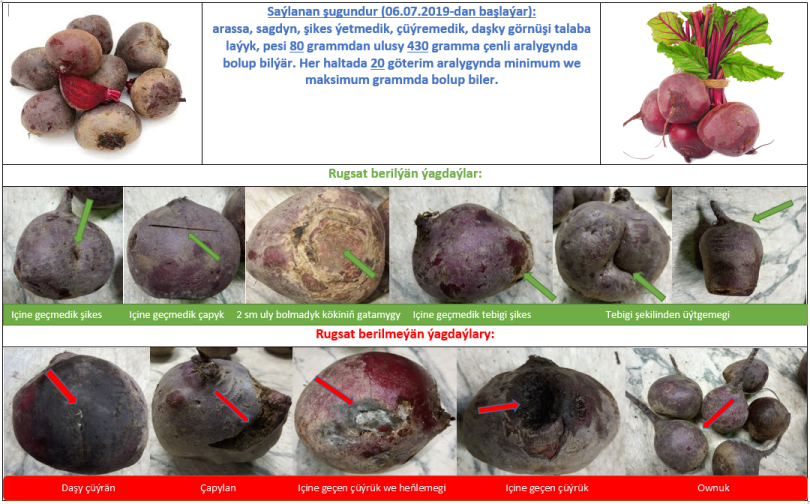
For doing so, Ter Onum is teaching the farmers to reduce the dependence on chemical fertilizers.
They advocate the use of natural and organic fertilizers, and only in the right quantity. For this, they are guided by the ISO standards.
Actually, Ter Onum has already started the process of getting some farmers certified by ISO. This is a time-taking and laborious process but the dividends are amply rewarding.
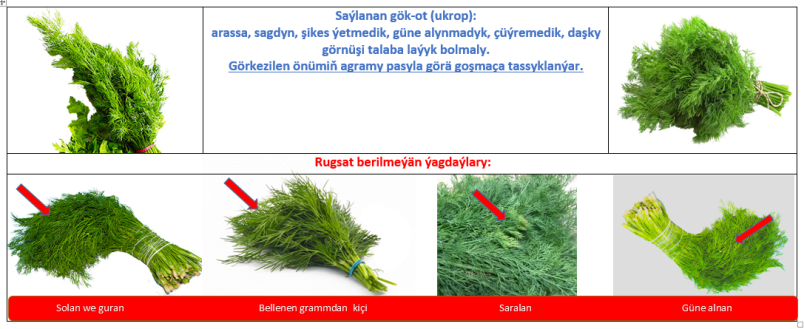
The sharing of knowledge is an essential part of the business model of Ter Onum.
Dovlet said that in order for the entire supply chain to be strong, every link in the chain should be strong. Otherwise, he said, the strength of the supply chain will be only equal to the weakest link in the chain.
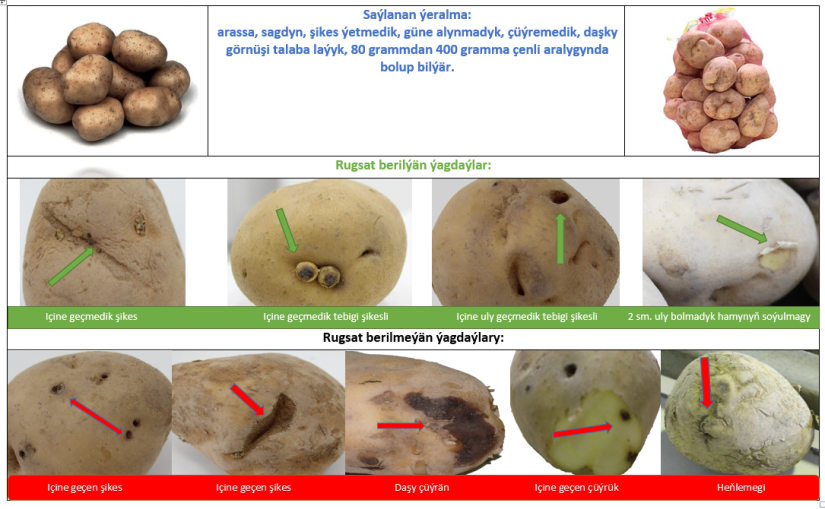
For this reason, the standardization guide is among the broad base of knowledge that is available to anyone willing to help strengthen the fruit and vegetable sector of Turkmenistan.
The results of the experiments carried out in the Ter Onum are also shared with the farmers.
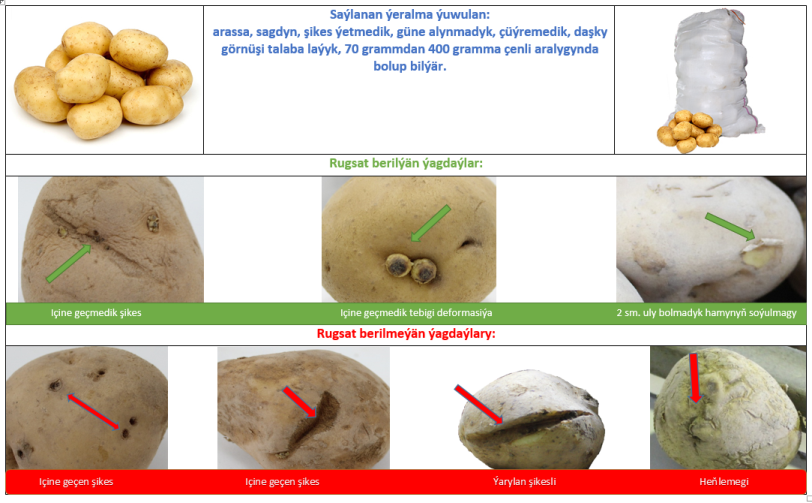
In their pursuit of visually appealing fruit and vegetables, the farmers are also learning the best ways to maintain cleanliness and hygienic standards in all steps of crop cycle, from sowing to picking and packing the produce.
Ter Onum, with its team of experts, is available to guide the farmers at every step to help them minimize the losses and increase profitability.
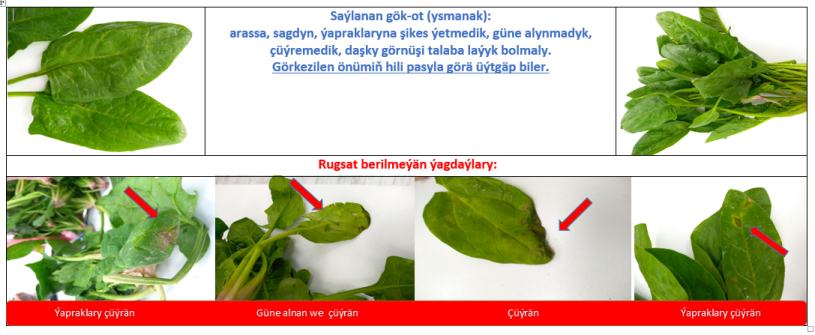
It is not just beneficial to the farmers. By getting the produce that appeals to the consumers, Ter Onum also gains by expanding its market share.
It is a model that is built around the concept of mutually helping each other. /// nCa, 14 November 2019
To be continued . . .